Condo vs House: What’s the Smarter Buy in Costa Rica’s Coastal Areas
If you’ve been daydreaming about owning property in paradise, you’ve probably looked into condos and houses along Costa Rica’s famous coasts. Many investors turn to Tres Amigos Realty Group for advice, but before signing on the dotted line, it’s worth weighing your options carefully. Each type of property has perks and drawbacks, and choosing the right one depends on your goals, lifestyle, and how hands-on you want to be. Now, let’s take a closer look at each aspect that can help you choose between those two.
The Case for Condos
Condos are often attractive for buyers who want a low-maintenance option. Most come with shared amenities like pools, gyms, or even direct beach access, which can add value without the hassle of personal upkeep. They’re also popular with renters, making them appealing for those who want to generate a steady income. But condos do come with association fees and rules. Some buyers find the restrictions limiting, such as not being able to rent short-term or make major modifications. If you like the idea of convenience and community living, condos can be an excellent choice. If freedom and flexibility matter most, the limitations may feel frustrating.
The Case for Houses

Buying a house in Costa Rica’s coastal regions opens the door to more privacy and control. You can design, renovate, or rent it on your own terms. Houses often come with larger lots, which can be perfect if you dream of a garden, guesthouse, or even a pool of your own. That freedom comes with responsibility. Maintenance, repairs, and security fall entirely on the owner’s shoulders. Some see it as a fair trade for independence, while others view it as a constant burden. The key is knowing how much time, money, and effort you’re willing to commit.
Lifestyle Considerations
Numbers matter, but lifestyle often tips the scales. Condos appeal to buyers who want a vacation feel without the stress of upkeep. Many lock their doors and fly home, knowing the grounds will still be cared for. It’s a great option for snowbirds or anyone who doesn’t plan to live full-time in Costa Rica. Houses, on the other hand, are ideal for those who plan to settle in longer. The extra space and freedom make them feel like a true home rather than a getaway. If you picture yourself planting roots, throwing backyard barbecues, or raising a family, a house might better align with your vision.
How a Real Estate Agent in Costa Rica Can Help

Choosing between a condo and a house can feel like comparing apples to oranges. That’s where a local real estate agent comes in. They know which communities are thriving, where values are climbing, and which neighborhoods match your goals. Their experience is often the difference between a smooth purchase and an expensive mistake. Agents also bring local insight that online research just can’t match. They understand property laws, zoning rules, and even the subtle differences between coastal towns. With someone in your corner, you’re less likely to miss details that could derail your investment. In a market as vibrant as Costa Rica, that guidance is invaluable.
There isn’t a one-size-fits-all answer. Condos and houses both serve different needs, and the smartest buy is the one that fits your lifestyle and investment goals. Some buyers even start with a condo for rental income, then move into a house when ready for more permanence. The important thing is to think long-term and be realistic about your expectations. A condo might bring simplicity, while a house offers independence. Either way, Costa Rica’s coastal areas provide opportunities to make both dreams and investments come true.…



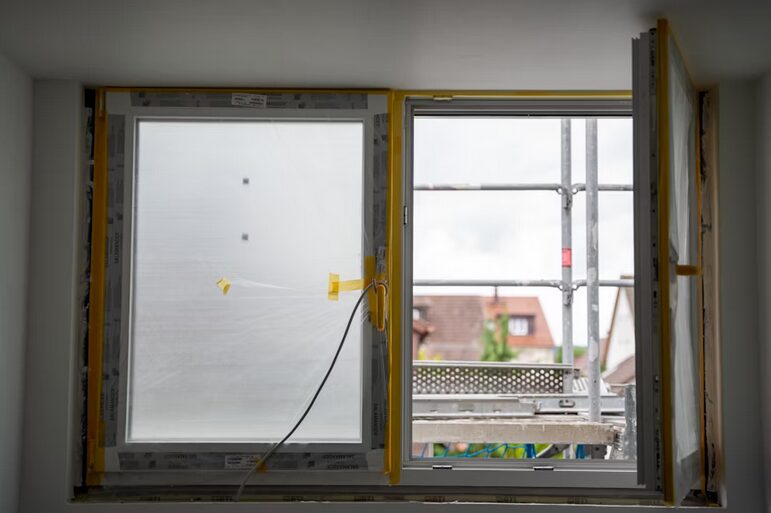

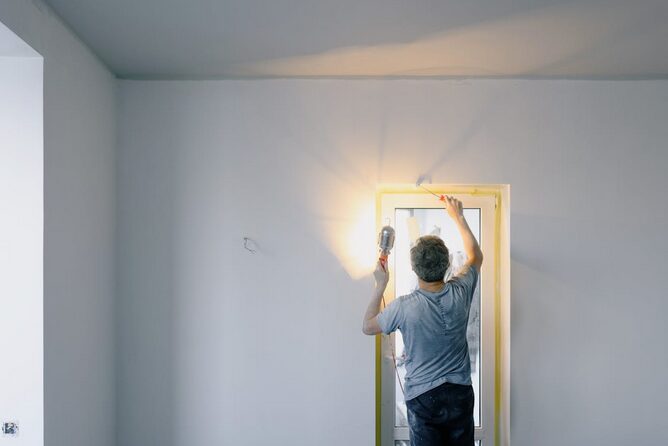
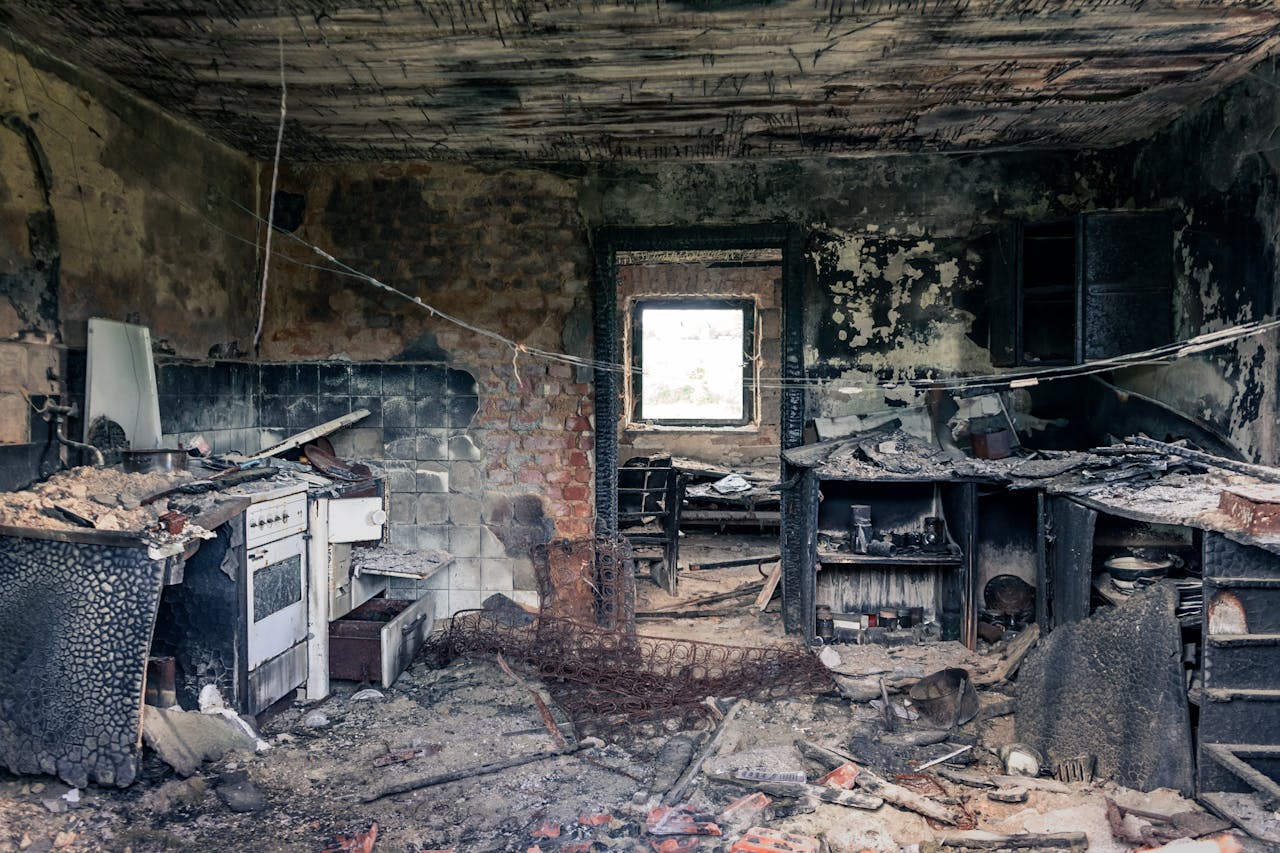
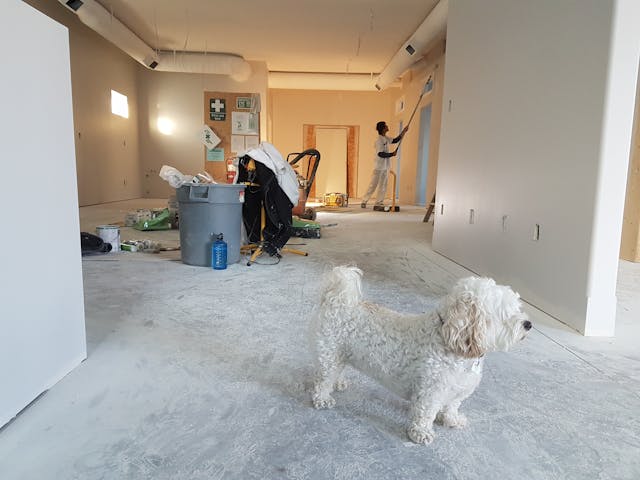

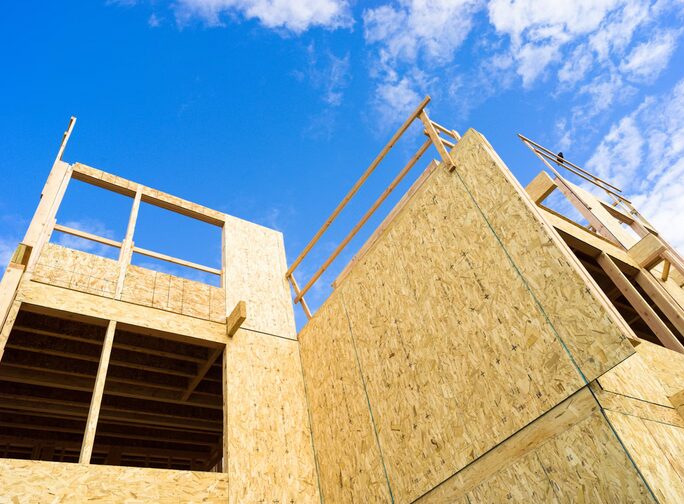
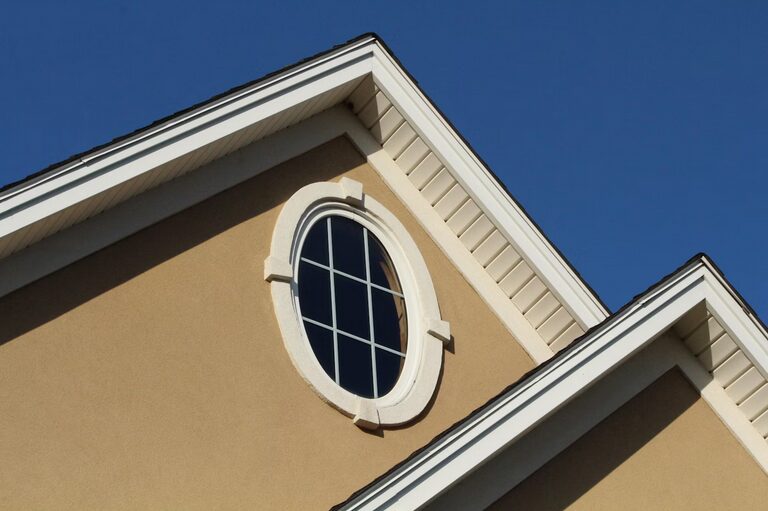










 One of the most surprising ways music can improve your life is by helping you stay focused. If you’re studying for a big exam or trying to finish a project at work, listening to some tunes can help keep you on track and motivated. Certain types of music, such as classical or instrumental, are great for concentrating on tasks. Music can also help you stay on task longer, as it removes the temptation of distractions. Give it a try and see if music enables you to keep focused the next time you have an essential task.
One of the most surprising ways music can improve your life is by helping you stay focused. If you’re studying for a big exam or trying to finish a project at work, listening to some tunes can help keep you on track and motivated. Certain types of music, such as classical or instrumental, are great for concentrating on tasks. Music can also help you stay on task longer, as it removes the temptation of distractions. Give it a try and see if music enables you to keep focused the next time you have an essential task.
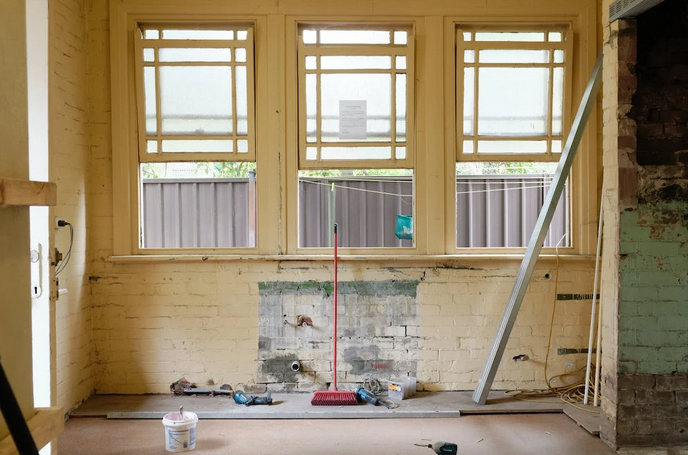
 Transom windows are a great way to add architectural interest to your home. They are often used above doors but can also be used alone or in pairs. Basically, transom windows can be defined as a window placed above another window or door to let in more light. If you want to add a touch of elegance to your home, replacing your regular windows with transom windows is a great way to do it.
Transom windows are a great way to add architectural interest to your home. They are often used above doors but can also be used alone or in pairs. Basically, transom windows can be defined as a window placed above another window or door to let in more light. If you want to add a touch of elegance to your home, replacing your regular windows with transom windows is a great way to do it. Are you a gardener? Or do you simply love the freshness the greeneries make every morning? If that’s the case, you can pair your windows with a mini garden. You can add small plants hanging or put a pot of plants next to the window. We recommend using air plants as they don’t need soil to grow. All they need is moisture and light, which they can easily get from your windows. This way, you can have a beautiful garden inside your home without worrying about maintenance.
Are you a gardener? Or do you simply love the freshness the greeneries make every morning? If that’s the case, you can pair your windows with a mini garden. You can add small plants hanging or put a pot of plants next to the window. We recommend using air plants as they don’t need soil to grow. All they need is moisture and light, which they can easily get from your windows. This way, you can have a beautiful garden inside your home without worrying about maintenance.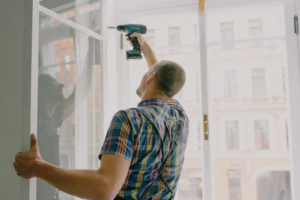 Usually, windows come in rectangular or square shapes. But if you want to add a touch of uniqueness to your home, you can go for windows with curves. There are many different ways to achieve this look. You can either buy pre-made windows with curves or create your own. If you’re feeling creative, we suggest you make your own. All you need is some wood and a jigsaw. Just make sure that the curves are symmetrical on both sides.
Usually, windows come in rectangular or square shapes. But if you want to add a touch of uniqueness to your home, you can go for windows with curves. There are many different ways to achieve this look. You can either buy pre-made windows with curves or create your own. If you’re feeling creative, we suggest you make your own. All you need is some wood and a jigsaw. Just make sure that the curves are symmetrical on both sides.
 The first most common type of house in the world is the prefabricated house. If you plan on getting one built, you should hire a Fertighausexperte. Prefabricated homes are usually made from modular or kit homes. They are usually much cheaper to build than traditional homes and can be assembled quickly.
The first most common type of house in the world is the prefabricated house. If you plan on getting one built, you should hire a Fertighausexperte. Prefabricated homes are usually made from modular or kit homes. They are usually much cheaper to build than traditional homes and can be assembled quickly. The world’s fourth most common type of house is the single-family home. Single-family homes are the most common type of housing in the United States and are usually found in suburban areas. They are typically owned by a single family and can range in size from a small bungalow to a large mansion. One of the advantages of living in a single-family home is that you have more privacy than you would in an apartment or condominium. However, one of the disadvantages is that you are responsible for all of the upkeep and maintenance of the property.
The world’s fourth most common type of house is the single-family home. Single-family homes are the most common type of housing in the United States and are usually found in suburban areas. They are typically owned by a single family and can range in size from a small bungalow to a large mansion. One of the advantages of living in a single-family home is that you have more privacy than you would in an apartment or condominium. However, one of the disadvantages is that you are responsible for all of the upkeep and maintenance of the property.
 Speaking of bedding, make sure that your bed is the room’s focal point. After all, it is your bedroom’s most important piece of furniture. To do this, you’ll want to anchor the bed against the wall. This will create a sense of stability and make it feel like your bed is part of the room, not just floating in the middle. In fact, you also need to keep your bedding clean and fresh. That’s what makes it so inviting and relaxing. So make sure to wash your sheets and blankets regularly.
Speaking of bedding, make sure that your bed is the room’s focal point. After all, it is your bedroom’s most important piece of furniture. To do this, you’ll want to anchor the bed against the wall. This will create a sense of stability and make it feel like your bed is part of the room, not just floating in the middle. In fact, you also need to keep your bedding clean and fresh. That’s what makes it so inviting and relaxing. So make sure to wash your sheets and blankets regularly. Another important factor in creating a relaxing bedroom is to make sure that the temperature is comfortable. That means not too hot and not too cold. The perfect temperature for sleeping is around 60 to 67 degrees Fahrenheit. Consider investing in a quality air conditioner or heater if your bedroom is outside this range. Not only will it help you sleep better, but it will also make your bedroom more comfortable overall.
Another important factor in creating a relaxing bedroom is to make sure that the temperature is comfortable. That means not too hot and not too cold. The perfect temperature for sleeping is around 60 to 67 degrees Fahrenheit. Consider investing in a quality air conditioner or heater if your bedroom is outside this range. Not only will it help you sleep better, but it will also make your bedroom more comfortable overall.
 One way to make house cleaning more fun is to listen to music. Music can help set the tone for any activity. If you want to make house cleaning more fun, then put on some upbeat music that will get you moving. This way, you can clean and dance at the same time. Some people like going to concerts and watch artists who often perform in tweeter center boston. But if you are unable to do so, you can just play some of their music at home while you are cleaning. It will give you more energy to clean and make the time go by faster.
One way to make house cleaning more fun is to listen to music. Music can help set the tone for any activity. If you want to make house cleaning more fun, then put on some upbeat music that will get you moving. This way, you can clean and dance at the same time. Some people like going to concerts and watch artists who often perform in tweeter center boston. But if you are unable to do so, you can just play some of their music at home while you are cleaning. It will give you more energy to clean and make the time go by faster. Another way to make house cleaning fun is to make a game out of it. You can set a timer and see how fast you can clean the entire house. This is a great way to motivate yourself and see how much progress you can make in a short amount of time. This can also make you sweat, which is a bonus. If you want to make it even more challenging, you can see how much you can clean in an hour or less. This way, you will really push yourself to the limit. This is what many people who are trying to deep clean their houses do. They say they get much more done when they are on a time crunch.
Another way to make house cleaning fun is to make a game out of it. You can set a timer and see how fast you can clean the entire house. This is a great way to motivate yourself and see how much progress you can make in a short amount of time. This can also make you sweat, which is a bonus. If you want to make it even more challenging, you can see how much you can clean in an hour or less. This way, you will really push yourself to the limit. This is what many people who are trying to deep clean their houses do. They say they get much more done when they are on a time crunch.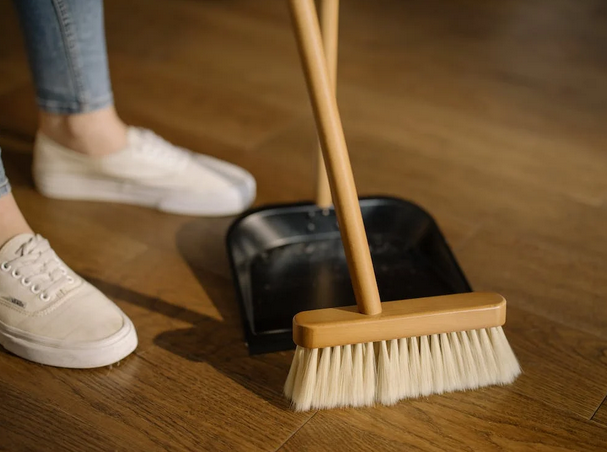
 The first way is to make a plan. This is especially true when it comes to cleaning your home. Trying to tackle everything at once will only leave you feeling overwhelmed and stressed. Instead, break down the cleaning into smaller, more manageable tasks. For example, you might want to focus on one room or task per day. This will help you stay focused and on track, and it will make the entire process much less daunting.
The first way is to make a plan. This is especially true when it comes to cleaning your home. Trying to tackle everything at once will only leave you feeling overwhelmed and stressed. Instead, break down the cleaning into smaller, more manageable tasks. For example, you might want to focus on one room or task per day. This will help you stay focused and on track, and it will make the entire process much less daunting.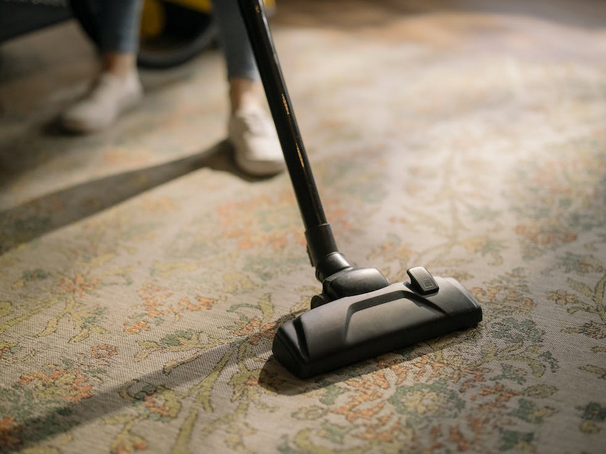 The fourth way to make cleaning your home easier is to use a vacuum cleaner. A good vacuum cleaner can help you clean surfaces quickly and easily, and it can also help you get rid of pet hair and other debris. When choosing a vacuum cleaner, be sure to select one that is the right size for your home and has all the features you need. For example, look for a vacuum with a powerful suction that can handle pet hair if you have pets. Depending on your budget, you can even find vacuum cleaners with special attachments that can make cleaning stairs and upholstery a breeze.
The fourth way to make cleaning your home easier is to use a vacuum cleaner. A good vacuum cleaner can help you clean surfaces quickly and easily, and it can also help you get rid of pet hair and other debris. When choosing a vacuum cleaner, be sure to select one that is the right size for your home and has all the features you need. For example, look for a vacuum with a powerful suction that can handle pet hair if you have pets. Depending on your budget, you can even find vacuum cleaners with special attachments that can make cleaning stairs and upholstery a breeze.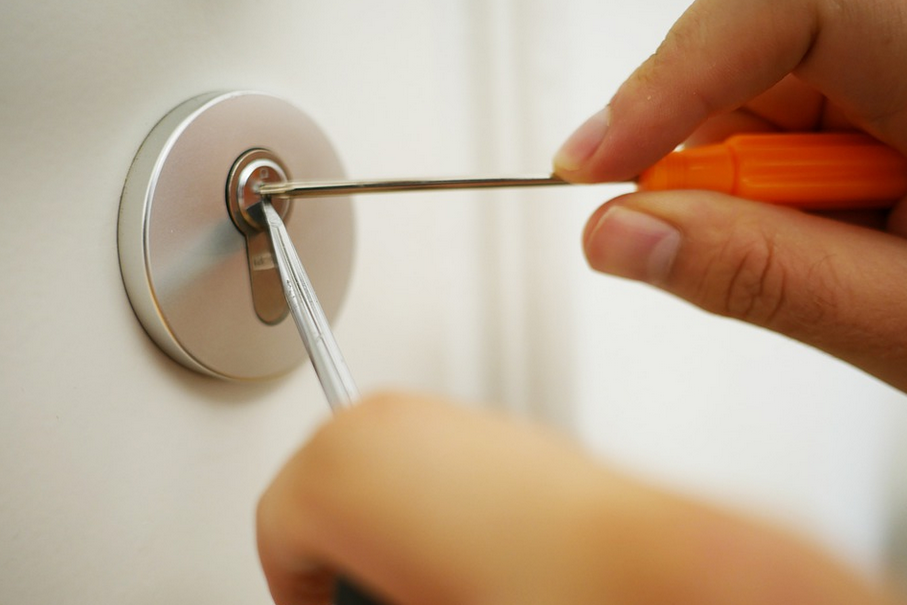
 The third situation when homeowners need to call a locksmith is when their locks are damaged. This can happen for a variety of reasons. It could be due to weather damage, wear and tear, or even an attempted break-in. If your locks are damaged, it is important to call a locksmith right away. They will be able to repair the damage and make sure that your home is secure again.
The third situation when homeowners need to call a locksmith is when their locks are damaged. This can happen for a variety of reasons. It could be due to weather damage, wear and tear, or even an attempted break-in. If your locks are damaged, it is important to call a locksmith right away. They will be able to repair the damage and make sure that your home is secure again.
 One of the easiest ways to upgrade your kitchen is to create a high-contrast island. It can be done by painting the island with a different color than the rest of the kitchen cabinets. You can add some decorative trim or tile to make it stand out. This is a great way to add visual interest to your kitchen without spending much money. You can also try to replace the hardware on your cabinets to give them a new look.
One of the easiest ways to upgrade your kitchen is to create a high-contrast island. It can be done by painting the island with a different color than the rest of the kitchen cabinets. You can add some decorative trim or tile to make it stand out. This is a great way to add visual interest to your kitchen without spending much money. You can also try to replace the hardware on your cabinets to give them a new look. The last simple kitchen upgrade on our list is to bring in a seamless easy-to-organize pantry. If your kitchen doesn’t have a lot of storage, this is a great way to add some extra space. A pantry can help you keep your kitchen organized and tidy. It’s also a great way to hide away any clutter. Going to hardware stores like Home Depot or Lowe’s and looking for a simple pull-out drawer system that can be installed in your pantry is what you need to do.
The last simple kitchen upgrade on our list is to bring in a seamless easy-to-organize pantry. If your kitchen doesn’t have a lot of storage, this is a great way to add some extra space. A pantry can help you keep your kitchen organized and tidy. It’s also a great way to hide away any clutter. Going to hardware stores like Home Depot or Lowe’s and looking for a simple pull-out drawer system that can be installed in your pantry is what you need to do.
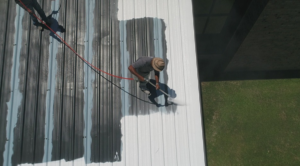 One of the biggest mistakes you can make is not getting multiple quotes. This is how you ensure you’re getting the best price for the job. You don’t want to just go with the first company you find because they may not be the most reputable or they may charge more than other companies. If you are on a budget, then getting multiple quotes is a must. You just need to make sure that you’re comparing apples to apples and that you’re getting quotes for the same type of work. This way, you can be sure you’re getting the best deal.
One of the biggest mistakes you can make is not getting multiple quotes. This is how you ensure you’re getting the best price for the job. You don’t want to just go with the first company you find because they may not be the most reputable or they may charge more than other companies. If you are on a budget, then getting multiple quotes is a must. You just need to make sure that you’re comparing apples to apples and that you’re getting quotes for the same type of work. This way, you can be sure you’re getting the best deal. The second mistake people make is not checking reviews online. This is how you can see what other customers have said about the company’s work. If a company has mostly positive reviews, then you know they’re doing something right. However, if there are many negative reviews, you should avoid that company. But you must balance the reviews with other factors. It would be best if you always remembered that not all customers are going to be satisfied, no matter how good the company is. So, it would help if you also balanced the positive and negative reviews to make an informed decision.
The second mistake people make is not checking reviews online. This is how you can see what other customers have said about the company’s work. If a company has mostly positive reviews, then you know they’re doing something right. However, if there are many negative reviews, you should avoid that company. But you must balance the reviews with other factors. It would be best if you always remembered that not all customers are going to be satisfied, no matter how good the company is. So, it would help if you also balanced the positive and negative reviews to make an informed decision. The third mistake is not getting a written estimate. This is important because you need to ensure the company is accountable for its work. If there are any problems with the roof after they’ve finished, you can contact them and have them fix it. However, if you don’t have a written estimate, then they may not be as willing to help you. A written estimate will also protect you from being overcharged. This is because sometimes companies will give you a low estimate to get the job, but then they’ll add on hidden fees later. Many people have been a victim of this, so don’t let it happen to you.
The third mistake is not getting a written estimate. This is important because you need to ensure the company is accountable for its work. If there are any problems with the roof after they’ve finished, you can contact them and have them fix it. However, if you don’t have a written estimate, then they may not be as willing to help you. A written estimate will also protect you from being overcharged. This is because sometimes companies will give you a low estimate to get the job, but then they’ll add on hidden fees later. Many people have been a victim of this, so don’t let it happen to you.
 As mentioned above, one of the things you need to do when planning to
As mentioned above, one of the things you need to do when planning to  Another vital aspect you need to consider in this process is choosing your selling strategy. When it comes to listing your home, there are two significant sales options involved. You either sell it by yourself or consider hiring a real estate agent. One of the best options is to consider hiring a professional real estate agent.
Another vital aspect you need to consider in this process is choosing your selling strategy. When it comes to listing your home, there are two significant sales options involved. You either sell it by yourself or consider hiring a real estate agent. One of the best options is to consider hiring a professional real estate agent. Once you decide to sell your house, one of the things that cab speed your selling process is pricing your home competitively. You need to understand that overpricing your house will delay the selling process or lack someone to purchase it.
Once you decide to sell your house, one of the things that cab speed your selling process is pricing your home competitively. You need to understand that overpricing your house will delay the selling process or lack someone to purchase it.

 In certain unfortunate circumstances, you may not have the necessary documents to secure the mortgage. A mortgage broker may be able to convince a lender they are associated with to grant you the loan on the condition that you will pay your monthly repayments.
In certain unfortunate circumstances, you may not have the necessary documents to secure the mortgage. A mortgage broker may be able to convince a lender they are associated with to grant you the loan on the condition that you will pay your monthly repayments.
 It’s not just like renting a flat or an apartment; you actually get to own the place. With companies that can give you almost the same payment terms as you would have with renting, you can never go wrong with buying a condo.
It’s not just like renting a flat or an apartment; you actually get to own the place. With companies that can give you almost the same payment terms as you would have with renting, you can never go wrong with buying a condo.
